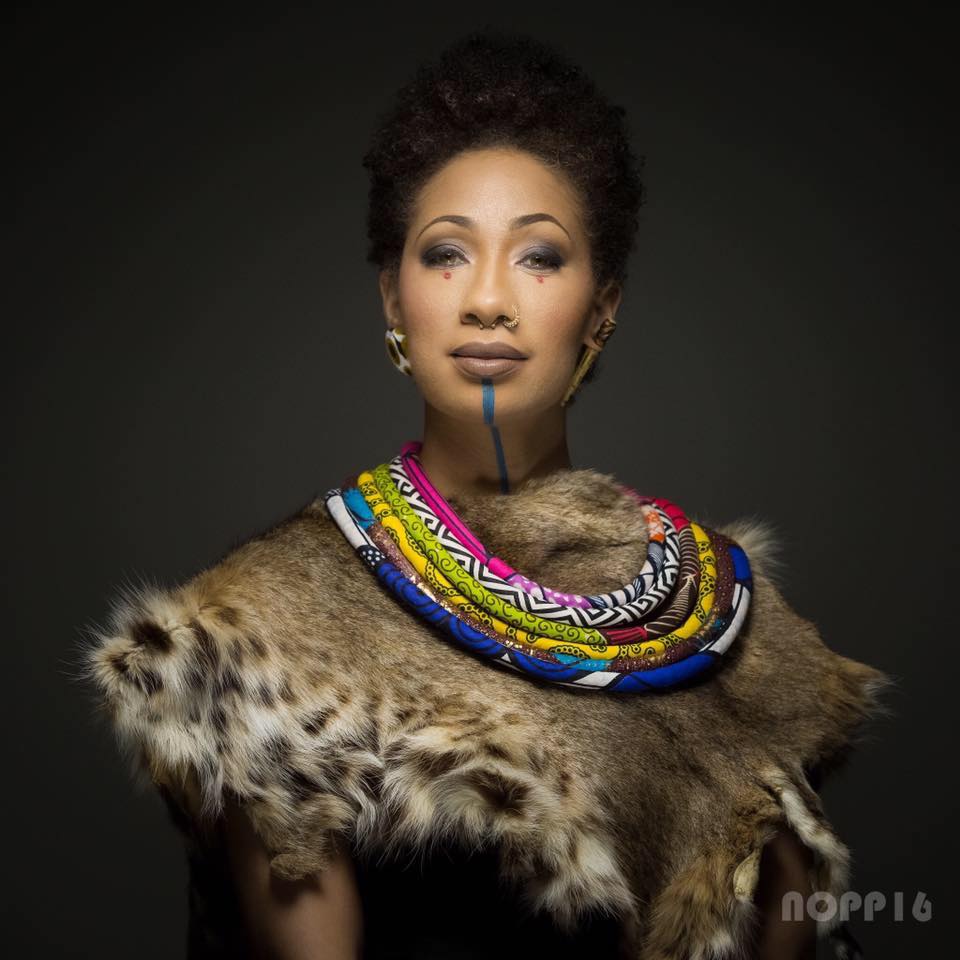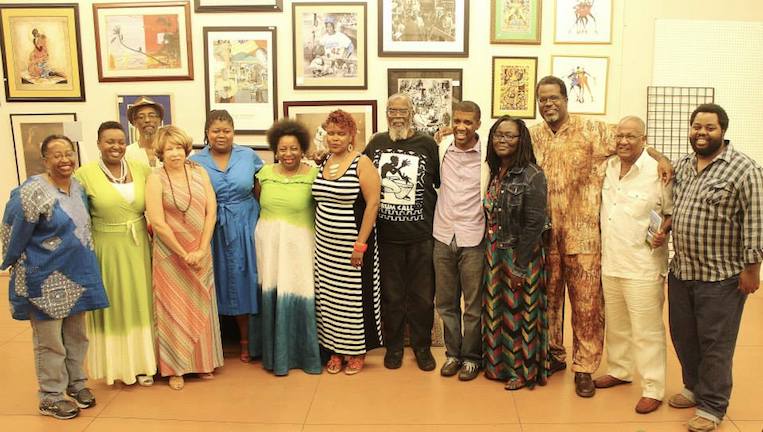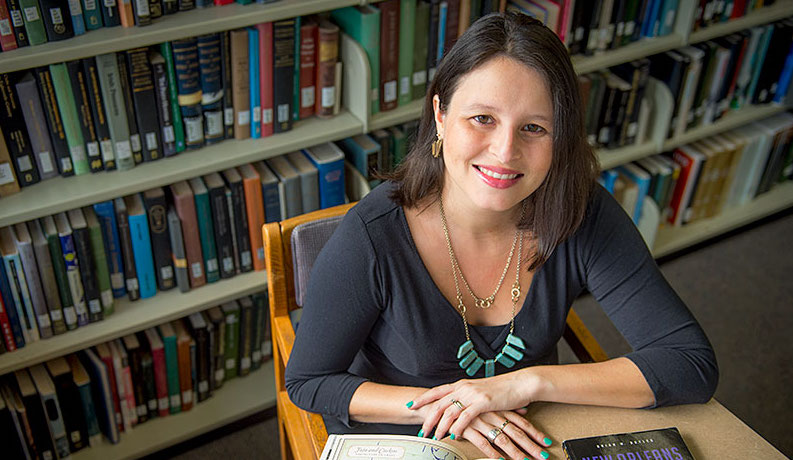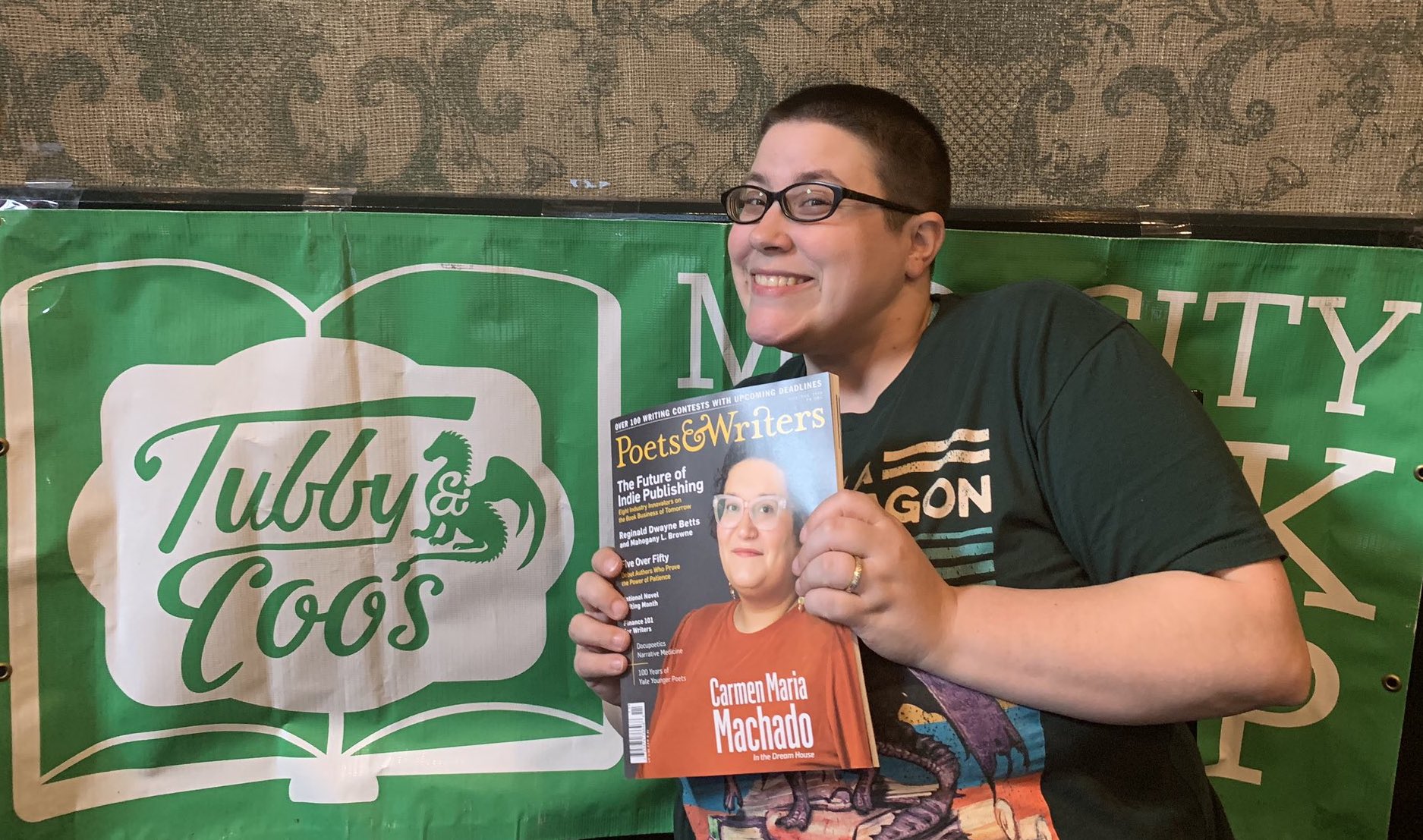It’s Women’s History Month and I wanted to take a moment to shout-out ten women writers living in New Orleans that you should know about and can follow on Twitter. These are just a few of many amazing women who live in this thriving literary city doing phenomenal work.
Bernice L. McFadden
@queenazsa
McFadden is the author of the novel The Book of Harlan (Akashic Books, 2016), winner of the 2017 American Book Award. Her latest novel, Praise Song for the Butterflies (Akashic Books, 2018), was longlisted for the 2019 Women’s Prize for Fiction.
Cate Root
@cateroot
Root is a poet who helps run a monthly literary salon called Dogfish, which invites the public to a free poetry reading set in a living room. She also has a very active Twitter feed and you can subscribe to her love letters.
Andy Young
@andimuse
Young is a poet and teaches in the creative writing department at New Orleans Center for Creative Arts.
Dr. Mona Lisa Saloy
@redbeansista
Dr. Saloy is a scholar, author, and active member of the Louisiana Folklore Society. Her latest book, Second Line Home: New Orleans Poems (Truman State University Press, 2014), is a collection of poems that celebrates the language and people of New Orleans.
Stephanie Grace
@stephgracela
Grace is a political columnist for the New Orleans Advocate, our local newspaper.
Fatima Shaik
@FShaik1
Shaik is a native of New Orleans and the author of adult and children’s books, including What Went Missing and What Got Found (Xavier Review Press, 2015), a short story collection depicting life before and after Hurricane Katrina.
Megan Burns
@bloodjetpoetry
Burns is a poet, publisher of Trembling Pillow Press, and cofounder of the New Orleans Poetry Festival.
M. M. Kaufman
@mm_kaufman
Kaufman is a writer and alumni of the Creative Writing Workshop at the University of New Orleans, and the publicist for the Tennessee Williams & New Orleans Literary Festival.
Kristina Kay Robinson
@_Kristina_Kay
Robinson is a writer and New Orleans editor at large at Burnaway, a nonprofit magazine about contemporary art from Atlanta and the American South.
Jami Attenberg
@jamiattenberg
Attenberg is the author of seven books of fiction including her latest novel, All This Could Be Yours (Houghton Mifflin Harcourt, 2019). You can read more about her writing process in her installment of Poets & Writers’ Ten Questions.
What women writers influence your work? Tell us by using #WomenWritersTaughtMe and tagging @nolapworg on Twitter.
Kelly Harris is the literary outreach coordinator for Poets & Writers in New Orleans. Contact her at NOLA@pw.org or on Twitter, @NOLApworg.







